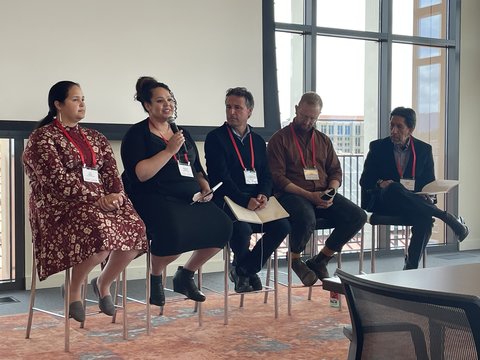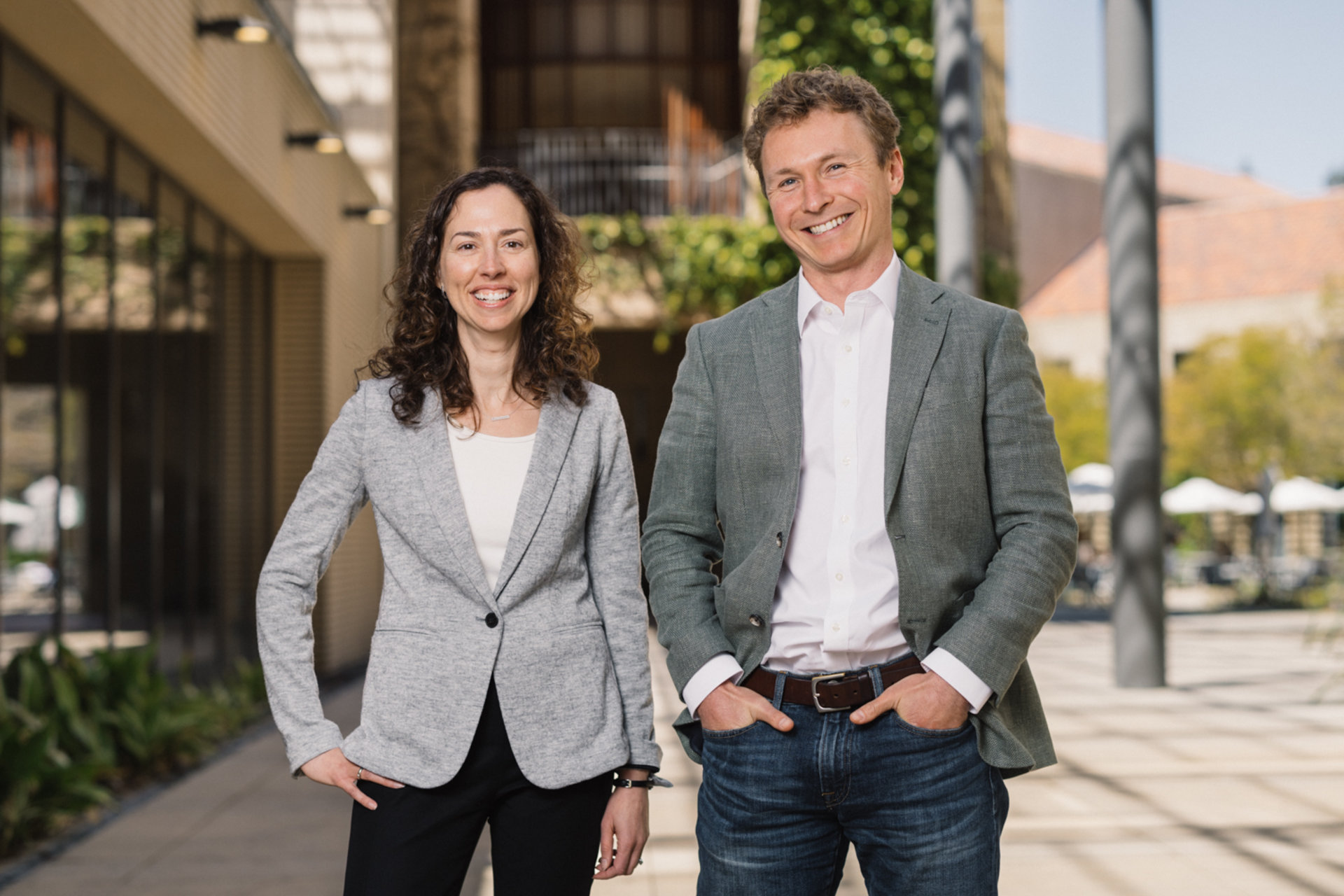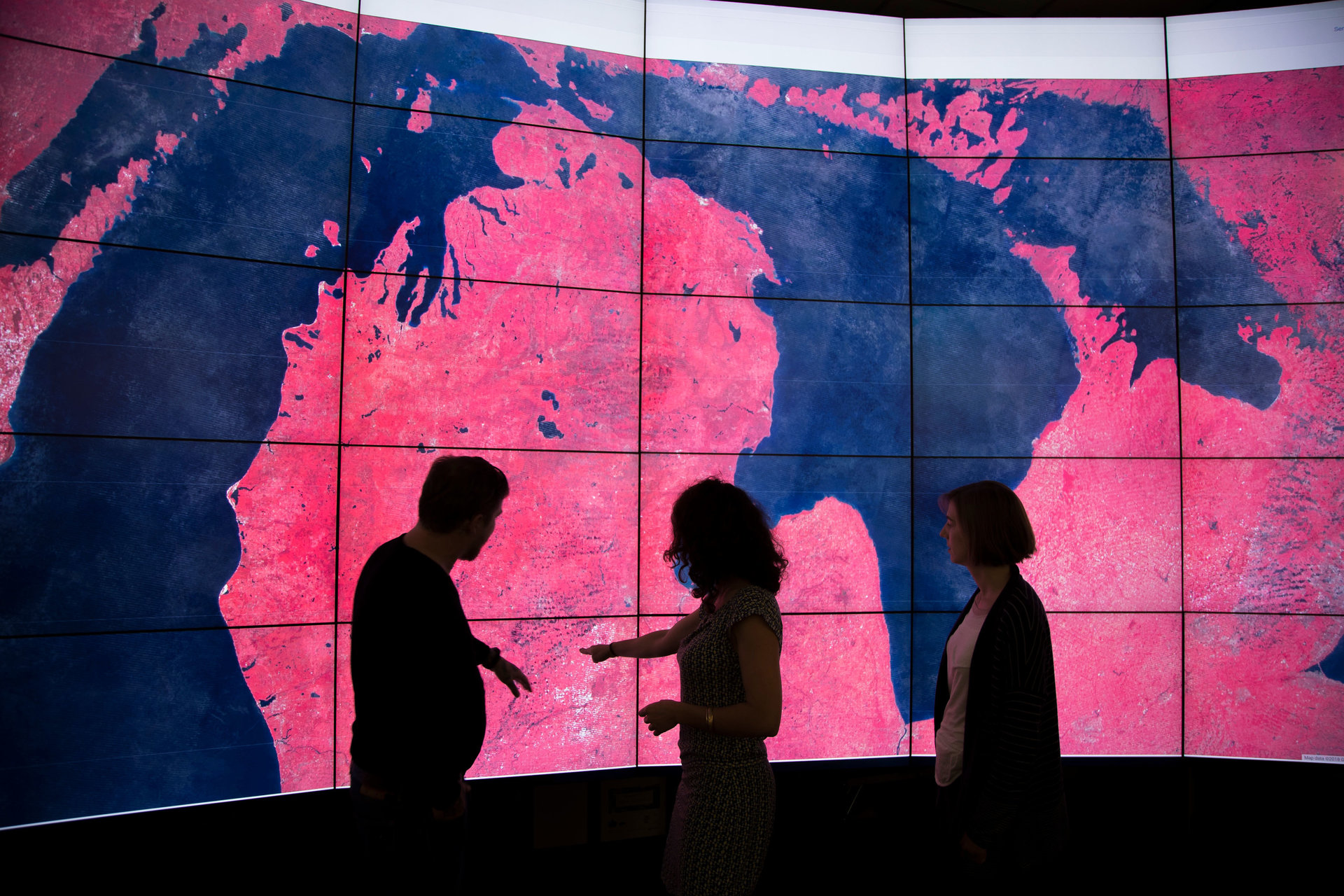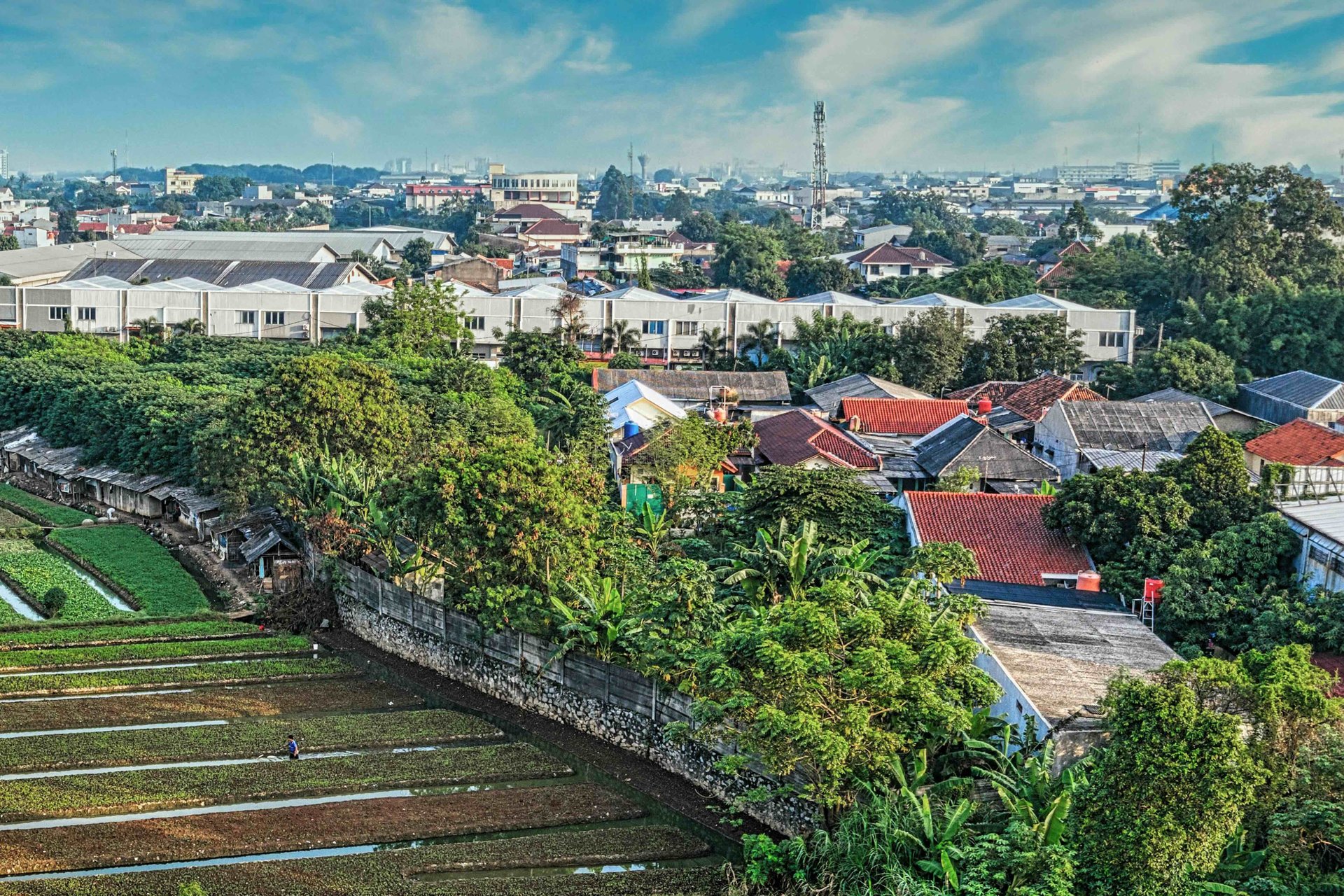Environmental justice: Conversations for a better tomorrow
A recent conference from the Stanford Initiative on Business and Environmental Sustainability focused on environmental justice scholarship from academics across America.
Over 30 speakers from a wide array of disciplines participated in the Environmental Justice and Sustainability Conference organized by Stanford Graduate School of Business and the Stanford Doerr School of Sustainability April 7–8.
The two-day event showcased a diversity of thought woven by a common purpose: Tackle global environmental change, while also addressing the disproportionate burden it places on marginalized communities. The speakers discussed how the pursuit of environmental justice scholarship is vital to devising equitable, ethical, and durable solutions for the complex and pressing social-environmental issues facing our planet.
The participants discussed a wide range of topics in depth pertaining to environmental justice, or EJ. One popular idea among the speakers involved using different art forms to advocate for climate justice and equitable access to environmental benefits. Different means of communication, such as storytelling to build a collaborative vision, eco-theater as a tool to address environmental justice, and community beautification, can help mobilize citizens and appeal to emotions.
Emily Polk, an advanced lecturer in the Program in Writing and Rhetoric at Stanford, discussed the opportunity to raise recognition for environmental justice issues through science communication, such as through academic talks, social media, and news outlets.
One segment on the first day of the conference, “EJ Challenges in Urban and Sacred Spheres,” featured multiple perspectives on how different locations can influence approaches to research. Michael Méndez from the University of California, Irvine, talked about the importance of having a people-centric approach toward climate justice in his presentation on “Climate Change from the Streets.” He highlighted how climate change has gone from being perceived as an abstract issue that only affected polar bears or non-human beings to something that affects everyone. Méndez also discussed the role of people of color, who are often erased by traditional narratives of climate action.
“My embodied and lived experiences have helped me understand the importance of advocating for climate justice and better climate policy,” he said. He also emphasized how LGBTQIA+ communities are impacted during climate disasters, not only legally but also psychologically, physically, and even theologically. “Intersectional factors affect how the queer community is impacted by climate change.”
Bay Area organizations working toward climate justice, such as Climate Resilient Communities and North Fair Oaks Community Alliance, spoke about the role that Stanford can play in building long-term partnerships with neighboring communities in their fight against the global environmental crisis.
“I am so appreciative of our dean for highlighting environmental justice as a core value in the Doerr School, alongside diversity, equity, and inclusion,” said Sibyl Diver, lecturer in the school’s Earth Systems Program, who also presented her work at the conference.
“The wonderful presentations and conversations we are having today are about how to understand EJ scholarship – where frontline communities are seen as knowledge holders and leaders for sustainability solutions. This is so important for how we begin to rethink community-academic relationships to advance intergenerational well-being.”
Young researchers play a huge role in bringing forth new ideas for environmental justice, and the conference gave a platform to many graduate students and rising researchers to discuss their projects with a knowledgeable audience. Both days were characterized by lightning talks, a series of short presentations on the latest developments in the field of environmental justice and sustainability.

Anaïs Voşki, a PhD student in Stanford’s Emmett Interdisciplinary Program in Environment and Resources (E-IPER), presented her research on “eco-emotions,” detailing the emotional impact caused by environmental injustices. Her work found that eco-anger was the most prominent emotion that people experienced, followed by eco-grief. “People often underestimate how much of a trigger injustice can be,” she said.
The conference presented environmental injustice as a multi-faceted issue that needs innovative solutions driven by versatile individuals.
“The inequitable distribution of the impacts of climate change is undeniable – marginalized communities, especially those contributing the least toward adverse environmental circumstances, often suffer the most,” said conference organizer Rodolfo Dirzo, professor of biology and of Earth system science and senior fellow at Stanford Woods Institute for the Environment. “Conferences like this help in making environmental justice a more visible issue by mainstreaming these important conversations. It highlights the breadth of EJ issues, and helps well-established and upcoming scholars interact with each other and receive constructive feedback.”
Dirzo, who is also associate dean for integrative initiatives on environmental justice at the Stanford Doerr School of Sustainability, said the gathering was part of his larger efforts to bring environmental justice scholarship and research to both the school and the university. Stanford community members can register for upcoming conferences in the series by visiting the Stanford Initiative on Business and Environmental Sustainability website.
Explore More
-
A unique hands-on class teaches Stanford Law School students how to work with early-stage companies that have the potential to move the needle on climate and sustainability.
-
The first group of scholars supported under the new Sustainability Accelerator Fellowship program will focus on the challenge of removing billions of tons of greenhouse gases annually from Earth’s atmosphere by the middle of this century.
-
Scholars from across the university have contributed to a vision for a Sustainable Societies Institute in the Stanford Doerr School of Sustainability that would focus on understanding change in systems where people and nature are inextricably linked – such as cities, food, or global markets.



